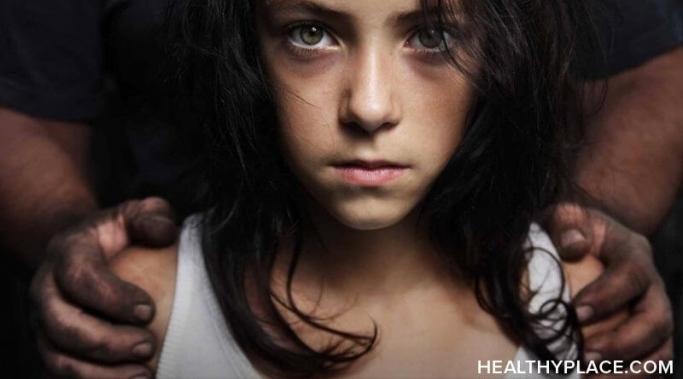While these past several months of social distancing have been necessary to help contain the global pandemic, this continued isolation can adversely impact mental health. That is true for conditions across the mental illness spectrum, but I am particularly concerned about eating disorders and suicidal thoughts in the climate of COVID-19. (Note: This post contains a trigger warning.)
Eating Disorder Stigma
The suicidal thoughts that plagued my mind in the throes of my eating disorder recovery were expected. I hated my body. I hated myself. I hated my life and the society in which I lived that kept telling me I was not enough. One thing I did not expect was to still feel suicidal thoughts during my eating disorder recovery. (Note: This post contains a trigger warning.)
Can I share a fundamental, irrevocable truth that you just might need to hear? Your personal identity is more than an eating disorder. Even if you cannot imagine a life without this illness right now, I want you to know that recovery is attainable, and you are capable of existing in a world that does not revolve around your eating disorder. How can I voice this with absolute confidence? The answer is simple—in these past few years, I have been on a crusade to unearth and reclaim my own identity outside the diagnosis of anorexia nervosa; so if I can do this, I guarantee you have the same potential, too.
Before offering my advice, most loved of those in eating disorder recovery want to know how they can help, but understandably, people aren't always sure where to go for it. In this video, I talk about the one thing that well-meaning, but misguided, loved ones would do that has undercut my confidence in recovery.
It's normal to feel afraid in eating disorder recovery. After all, it's scary to arrive at a crossroads between the familiar identity of an eating disorder and the unknown quantity of healing. You have a choice to either remain in the destructive, yet comfortable, patterns of your illness or to embark on a new path that is rife with challenges but leads to freedom on the other side. This decision is yours alone to make, but if you choose to brave that road to health and wholeness, the question then becomes: How do you face down fears in eating disorder recovery?
Dating someone with an eating disorder can be challenging. I know every single one of my past relationships was affected by my eating disorder, and while there are undeniably things I could have done differently, there are also things I wish I'd been able to articulate to my exes to make the relationship easier.a
As the eyes and ears of American society are fixed on dismantling more than 400 years of racial injustice at this pivotal moment in time, the intersection of racial trauma and eating disorders must be part of this broader conversation.
As the United States is ablaze in chaos that has erupted from systemic racial violence, I find myself worried for the mental health of Black men and women because—false stereotypes aside—Black people suffer from eating disorders too.
While it has been proven that anyone—no matter their life circumstances—can suffer from an eating disorder, some people who experience acute trauma could be more vulnerable to this illness than others. So, I think it's important to raise awareness for the prevalence of eating disorders in human trafficking victims.
Lately, it seems like my social media feeds are overrun with weight-related memes about how many pounds have been gained in self-quarantine; but, it's worth noting for the record that all those weight-related memes are not funny to everyone. As someone who is on a lifelong mission to recover from my eating disorder—and continues to face body image distortions—I know firsthand just how toxic these weight-related memes can be. While I understand the vast majority of posts are meant to be humorous and lighthearted, I cannot overlook the harmful effect such messages could have on those who already fixate on their bodies. So it's important to remember, those weight-related memes are not funny to everyone.









